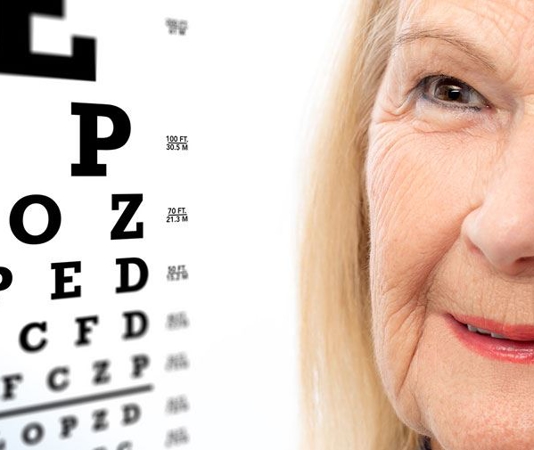By Brenda Avadian, MA, The Caregiver’s Voice
Caregivers know that caregiving is serious business, but it doesn’t have to be. The five fingers of care allow us to take fresh look at caregiving responsibilities.
Each aspect of caregiving is just as important as each one of your fingers. There are many daily tasks we take for granted as we use our fingers to open doors, slice fruit, type and much more. Just try to do one of these things without your thumb and index or middle finger and see how difficult it is.
THUMB of Care
We quickly appreciate that the core function of our hand relies on the thumb. Likewise, the thumb of caregiving carries out diverse responsibilities of care. Whether these include hands-on care (pun intended) or managing medical, legal and financial matters, without the thumb of care, we limit the number of tasks we can perform as caregivers. The thumb seems to do so much on its own, yet it functions more effectively when it works with the whole hand. Likewise, as a family caregiver, you must remember to get support and create a care team so you don’t wear out.
INDEX Finger
Delicate operations are easier to perform when we’re able to fine-tune our dexterity with our index finger. From tightening the tiny screw in our loved one’s eyeglasses to writing notes, the first finger next to our thumb is essential. When you think about caring for someone, think of how you need to be delicate in your words.Even those living with late-stage dementia respond differently to genuine kindness versus anger or rudeness.
MIDDLE Finger
While some use this finger to express their sentiments; the middle finger is the source of strength for grabbing and holding on; especially, when helping your loved one transfer from the bed to a chair or from the toilet to the bath. Symbolically, this finger represents your strength as a caregiver.
FOURTH Finger
The ancient Egyptians, Greeks, and Romans believed that the vein of love carried blood directly to the heart from the 4th finger of the left hand. While there is no vena amoris, it’s hard to overcome ancient lore and we still associate this finger with the heart. This finger represents the heartfelt love and compassion of caregivers enabling loved ones to thrive. On the days you aren’t feeling loving, patient or even particularly kind, you can look at your fourth finger and remember your loving caregiving touch.
FIFTH Finger
The little finger is an outlier. It stretches to reach the high notes and provides balance to a bow drawn over a stringed instrument. When the going gets tough, caregivers stretch to achieve the impossible, while seeking balance. Within this range, caregivers need to have a little fun, like the pinky finger raised high while having afternoon tea. A little bit of class and fun helps a caregiver survive and thrive.
The next time you consider the role of a caregiver, know that each finger has an important role to play in the hands of care.


.1).1804091658332.png)


